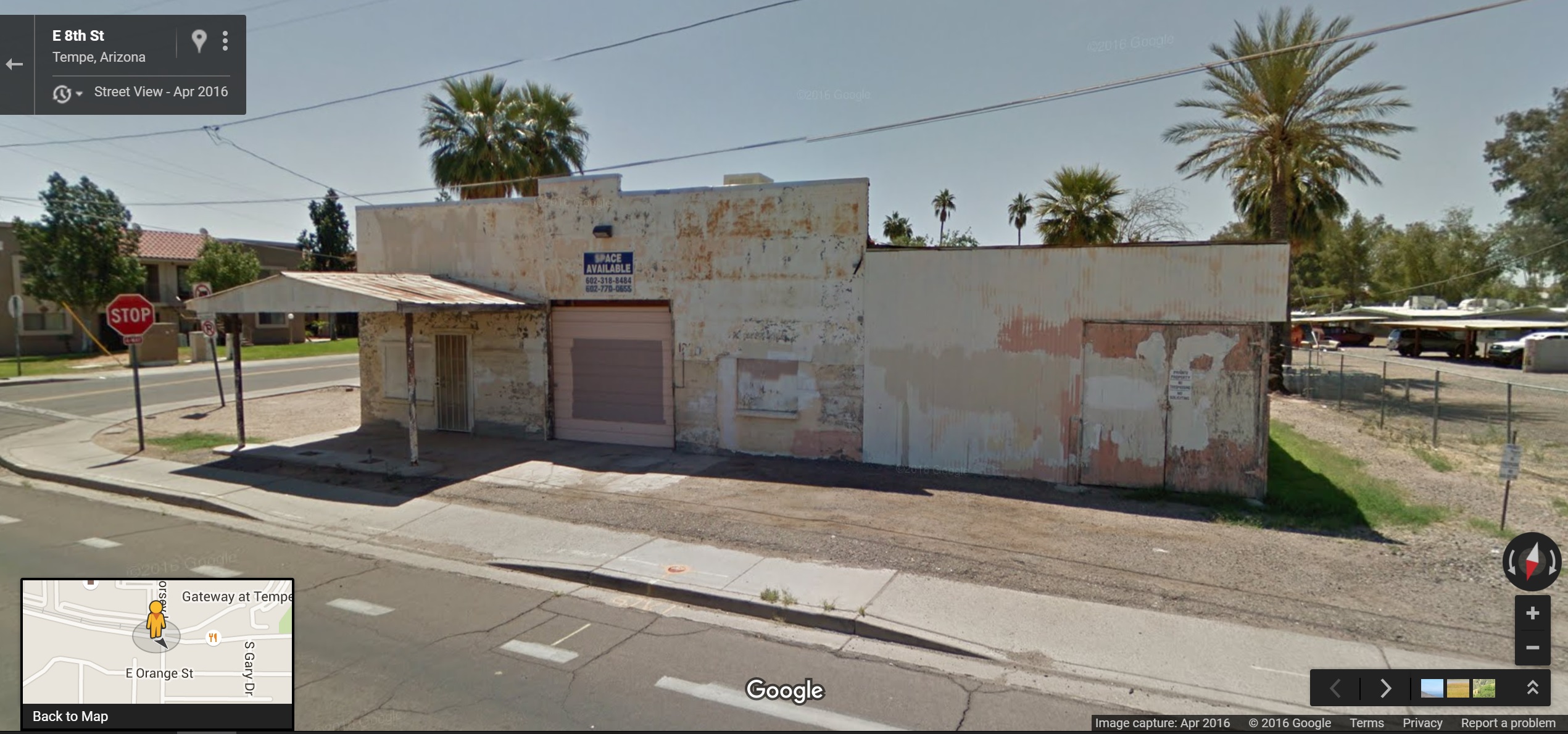You know the saying “keep your friends close, and your enemies closer?” Fraudulent buyers are the enemy of everyone online, and can easily wipe out a month’s worth of profit in one fell swoop.
But have you ever tried to get inside the head of a fraudster? We know they want to order parts with stolen card information, but they also want to do so as safely and efficiently as possible. Knowing a fraudster’s thought process while they place a fraud order can help you recognize the risk when it arises.
With a powerful Fraud Score tool on your side, it’s a lot easier to spot risky orders and avoid them. Use these tricks to spot a fraudulent order every time one comes in.
1. They have limited time with their stolen card info.
Fraudsters know that they only have a limited amount of time with the card or information they stole. They might only be able to get a single order in before the credit card is canceled by its rightful owner.
This means they want to get as much out of a single order as possible. Fraudsters tend to place high-value orders of a couple hundred or more.
They also want the order to arrive as soon as possible, so they’ll add on expedited shipping. We all know how expensive expedited shipping can get—especially for heavy auto parts.
Not many real customers are willing to pay so much extra to get the part right away. If their car is having an immediate problem, they’d probably just opt to buy a replacement part in a brick-and-motor parts store.
RELATED: 7 Essential Practices to Avoid Online Fraud
2. They probably don’t know much about parts.
Since they want to get as much from their order as possible, they might have gone to your parts website and just clicked to buy your most expensive parts (or just a ton of parts in general). Most likely, they intend to resell the parts, so anything too model-specific won’t be as useful to them.
Is there any sense to their order? Can you guess what their “project” is based on the items they’ve purchased? Did they show any concern about ordering the right part (like entering a VIN)?
This isn’t a guaranteed way to spot a fraudster. A lot of independent body shops get their parts online, and for the most part their orders will be large and include a variety of parts for a variety of vehicles. But combined with other red flags for fraud, you should be able to tell them apart.
3. They don’t want anyone to know who they are or where they live.
It goes without saying that fraudsters don’t want to be caught. It could get them into serious legal trouble if they provided their real contact information. Instead, they’ll make an effort to hide who they are and where they live.
To hide their identity, fraudsters will often:
- Give you false contact info. Take a look at their email address. Is it something strange like 124u37rfiheir@yahoo.com? Who has an email address like that? Fraudsters do.
- Give you a false mailing or billing address. Sometimes, fraudsters will enter the billing address as an empty parking lot, abandoned building, or a fast-food joint. They might even make up an address completely.
For RevolutionParts dealers, there’s a nifty button on the order screen which can bring up a Google Street View image of the billing or shipping address. It’s just one of the many cool features built into the RevolutionParts platform to make selling parts online easier and safer for you.
- Use a proxy server to hide their true location. Not everyone using a proxy is untrustworthy. They can be used maintain privacy, surf the web anonymously, get around region blocks, and so on. But since they hide a shopper’s true location, they can also be used for illegal purposes.
- List a PO box as their mailing address. Again, not everyone using a PO box is doing so illegally. However, we’ve found from our dealers that mailing to a PO box almost always ends in fraud. Be careful!
4. They don’t want to talk to you.
Fraudsters just want to steal some parts and get away with it. They know their orders are illegal and risky for them, so at the first sign of danger, they’ll most likely jump ship.
We strongly recommend trying to contact the customers with high-risk orders. Most of the time, fraudsters will make up a phone number, so your call won’t even go through.
You can also try emailing them. An email address like 124u37rfiheir@yahoo.com probably won’t give a response, since it’s a made-up email. If they do respond, still be cautious. It’s a lot easier and safer to lie over an email than over the phone. At the end of the day, trying to confirm their identity over the phone is the safest way to go.
RELATED: How to NOT get Hacked When Selling Auto Parts Online
There’s no guaranteed way to spot fraud, but there are enough tip-offs to help you made an educated guess. Take a look at our collection of Fraud Prevention articles to help you spot and avoid fraud before you become a victim.
And, of course, a powerful Fraud Score tool like the one built into the RevolutionParts platform. If you want to see the RevolutionParts Fraud Score tool in action, check out this list of 5 Unbelievable Examples of Orders that Looked Fraudulent but Weren’t.
Always remember that it’s okay to cancel the order if you’re still unsure. Some dealers tell us that they’re afraid of upsetting a legitimate customer by canceling a high-risk order that was actually real.
But it’s better to be safe than sorry! If it’s a high-value order and you can’t decide if an order fraud, it’s probably not worth the risk.





